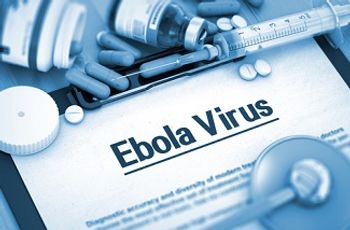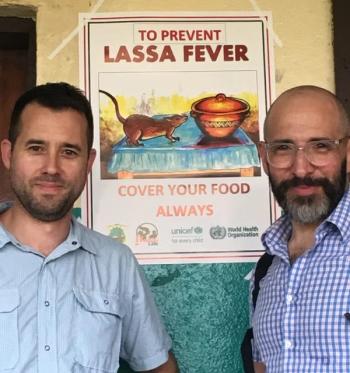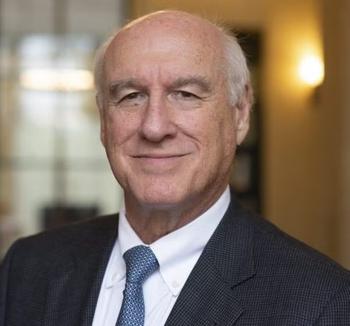
Michael Herce, MD, MPH, MSCR, discusses this concept and how it works to improve access to healthcare for populations who have been disproportionately burdened by various infectious diseases such as HIV, tuberculosis, and COVID-19.

Michael Herce, MD, MPH, MSCR, discusses this concept and how it works to improve access to healthcare for populations who have been disproportionately burdened by various infectious diseases such as HIV, tuberculosis, and COVID-19.

In the second interview segment with leaders from UNC's Special Pathogen Center, they discuss what it is like to be in the field during an outbreak caring for patients with high-consequence infectious diseases, and offer insights on how well prepared the US is for these situations.

David Margolis, MD discusses his team’s work at UNC looking at combination treatment that includes the cancer drug, vorinostat, and immunotherapy as a potential HIV cure.

Jonathan Parr, MD, MPH, discusses his research about this deadly and burdensome disease and how he and his team identify these parasitic strains with a combination of epidemiologic field work and the latest laboratory technology.

UNC’s Sarah Rutstein, MD, PhD, discusses her research uncovering the inability of some people to receive HIV prevention medication in both the US and Africa and strategies to address it.

Joseph Eron, MD, provides insights on the unit's international reach as well as some of the important trials it has been involved in, notably the PURPOSE studies involving the landmark trials about lenacapavir for HIV prevention.

UNC’s Benjamin Smith, MD, provides some insights into the logistics and steps behind these complicated and serious missions.

Leaders from the UNC Special Pathogens Response Center discuss how they plan and carry out biopreparedness trainings to address transport and care of patients with high-consequence infectious diseases, such as Ebola or Lassa fever.

The Institute's Director Myron Cohen, MD, discusses the uniqueness of the institution and its ability to offer research and clinical opportunities globally as well as play a significant role in public health.

Dr. Arlene Sena and her team are working to develop a syphilis vaccine, “But we need to know what’s circulating worldwide first.”